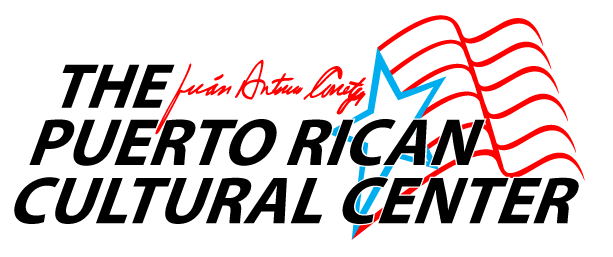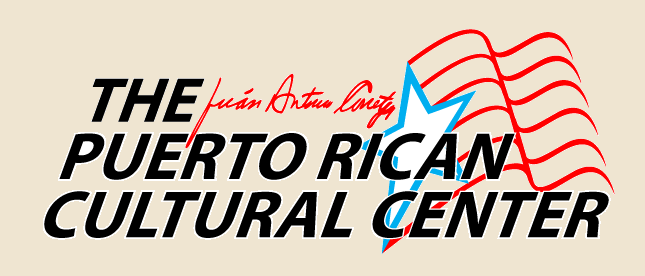• As of Jan 1, 2015, more than 4.8 million Puerto Ricans live in the United States and about 3.6 million in Puerto Rico. This means that there are more than 1 million Puerto Ricans in the Diaspora than on the island of Puerto Rico. This population constitutes the second largest Latino group in the U.S. What challenges and possibilities does this reality present for us as Puerto Ricans in the age of the diaspora?
• April 21st, 2015 marks the 50th anniversary of the death of Dr. Pedro Albizu Campos. What sense can we make of this historical figure who some consider the national conscience of Puerto Rico?
• On May 29, 2015, Oscar Lopez Rivera will have served 34 years in prison. He has become an emblematic figure for the entire Puerto Rican people—los de aqui y los de alla. What lessons can we draw from the campaign to free Oscar Lopez Rivera and its connection with our Diasporic reality and the life of Pedro Albizu Campos? It is interesting to note the Oscar Lopez Rivera was a community organizer in Chicago’s Puerto Rico community before he went to prison. A son of the Puerto Rican Diaspora, Oscar was charged with seditious conspiracy, the same charge meted out to Pedro Albizu Campos in 1936. Thenarrative used against Pedro Albizu Campos since that time has been that he fomented division and dissent. However, today, Oscar—who carries the charge given to Albizu—has become the unifying figure of the Puerto Rican people despite their political differences. Unresolved and emergent challenges face the Puerto Rican diaspora and the broader Puerto Rican nation. These challenges span political, economic, cultural, and spatial issues, which are inextricably linked to the meaning of Puerto Rican identity and community. Fifty years after the death of Pedro Albizu Campos and fifteen years into the 21st century, the Puerto Rican Cultural Center and the National Boricua Human Rights Network extend an invitation to participate in a critical conversatorio about our contemporary reality and how to begin to elaborate a progressive national agenda for the Puerto Rican diaspora using some of the lessons learned from the campaign to free Oscar Lopez Rivera.
Key themes of discussion will include:
• Re-imagining our Puerto Rican identity • Fortifying our historical barrios and institutions • Renewing connections between and across the Diaspora and Puerto Rico • Creating spaces of solidarity with other Latinos/as groups and communities across the Americas.






